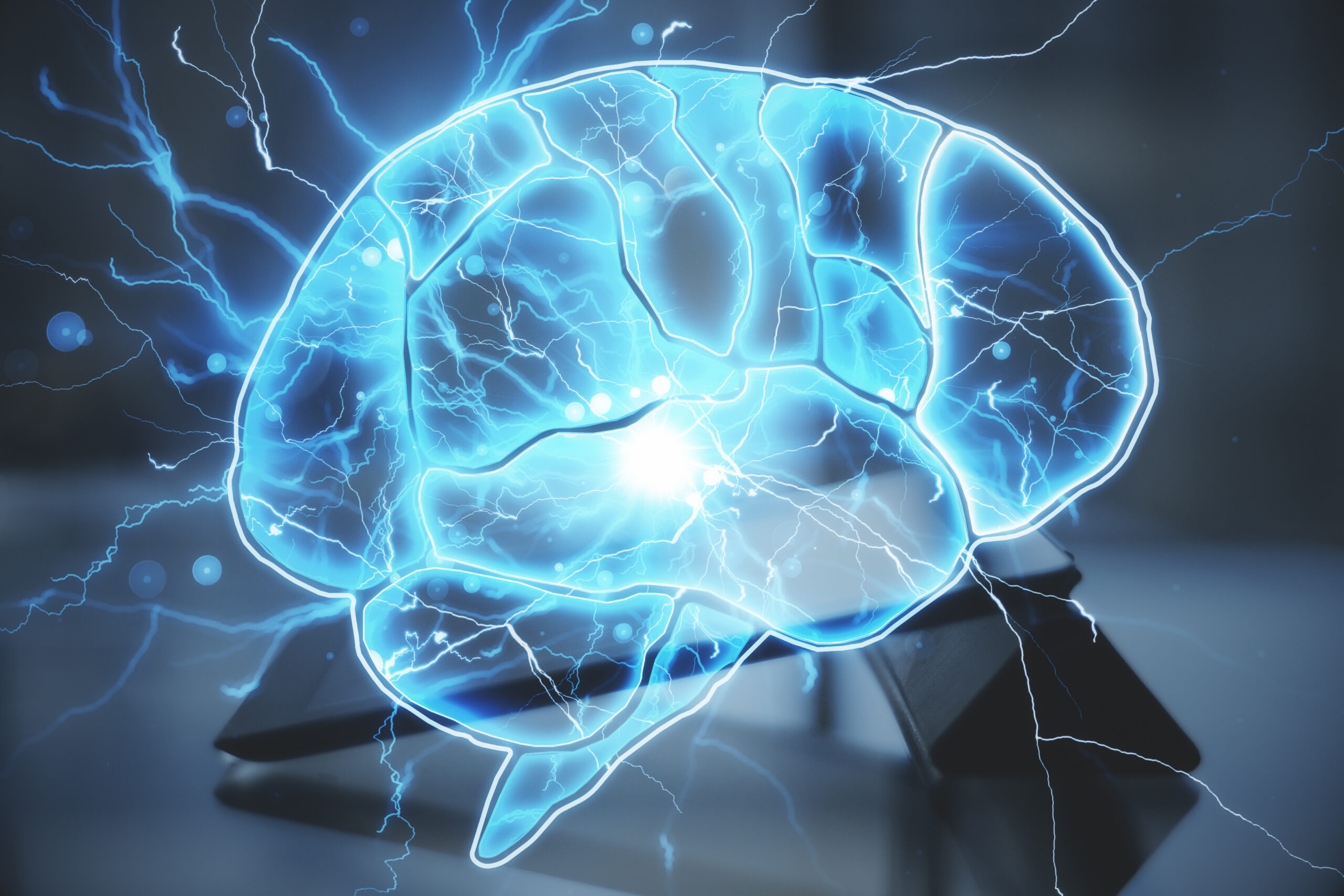Even if you are not a die-hard fan of sports, athletics or hardcore workout routines, chances are you are aware of the existence of a popular supplement going by the name of creatine.
Likewise, you have probably encountered lots of information about it on the internet if you have decided to dig a bit deeper about its properties.
If that is the case, you are surely aware of the consensus – both on a scientific and user level – agreed upon around all the benefits it brings to both sportspeople and casual users alike.
Whether you one of these casual readers or a trained individual in need of some refreshing, here is a quick-fire guide to creatine, what it is all about and what you may be missing out.
CREATINE IN A NUTSHELL
On a basic level, creatine is an amino acid naturally produced by the body at a rate of 1g a day, which is distributed to tissues with high energy demands, such as the brain and muscles.
That is all you need to know for now.

HOW DOES IT WORK?
It is a simple process, really. Let’s break it down into three steps:
– Step ONE: Phosphocreatine is the active form of creatine, and it helps the formation of adenosine triphosphate (ATP), which is a key molecule used by your cells for energy and other basic life functions.
– Step TWO: During exercise, ATP is broken down to produce energy. Since your body uses ATP faster than you resynthesize it, you are prevented from continually perform at maximum intensity.
– Step THREE: Creatine supplements increase your phosphocreatine stores, allowing you to produce more ATP energy to fuel your muscles during high-intensity exercise.
Et voilà! That is how creatine works its magic.

it doesn’t stop there, though…
That’s right! Creatine is involved in many other important muscle-related processes.
For instance, it actively promotes the growth of muscle mass by boosting the formation of proteins that create new muscle fibers.
Additionally, it can also raise levels of insulin-like growth factor 1 (IGF-1), a hormone that also promotes an increase in muscle mass.
Moreover, creatine supplements promote a process called cell volumization, which rapidly increases size of your muscles by increasing the water content in muscle cells. This process is completely fat-free.
Other studies suggest that creatine decreases levels of myostatin, a molecule responsible for stunting muscle growth. Reducing myostatin may also help you build muscle faster.

how does all that affect performance?
Essentially, creatine supplementation increases our lactate threshold making our muscles less tired. This way we will find ourselves able to bear longer training sessions with a lesser sensation of fatigue.
Turning to science and research, we will find that creatine can improve performance in areas of physical activity that include – but are not limited to – strength, sprint ability, ballistic power, and vertical jumping.
With such a range, the number of sports and athletic activity that can benefit from creatine supplementation touches all sides of the spectrum.
WHAT HAPPENS ONCE WE ARE DONE?
Apart from the satisfaction and dopamine boost you get from completing your workout routine, the effects of creatine are felt even after you are done. By increasing muscle glycogen stores, creatine will speed up the recovery of muscle fibers. This process will also reduce the risk of injuries and prevent muscle soreness.

WHAT ABOUT NON-ATHLETES?
Unlike other supplements, creatine’s benefits are not limited to highly trained individuals, sportspeople, and athletes. Creatine will contribute to your physical health regardless of your predisposition to fitness or physical shape.
Among its additional benefits, we can find improved cognitive function and bone health, better regulation of blood sugar levels, potential aid in the treatment of depression, and complementary creatine storage for vegans and vegetarians.
ANYTHING WE SHOULD WORRY ABOUT?
As any other popular item, creatine’s reputation as a supplement has been tainted by false or misread data. A few of the myths typically associated with creatine include effects on fat mass, water retention, kidney dysfunction, muscle cramping, and dehydration.
However, once again scientific research backs creatine against misinformation and unproven hearsay. All these myths were scrutinized in this article, the results of which lend no credibility to those myths and largely consider creatine the best supplement of its kind.

ANY OTHER SUPPLEMENTS WE MAY WANT TO CONSIDER?
The efficacy of creatine has been tested against other similar supplements in the market and the results largely fall in favor of our subject here, as derived from the conclusions of this comprehensive study.
There are differences to be found even within the offer of creatine as a supplement itself. As we analyzed in this article, there is a wide range of reasons why a formula of creatine monohydrate that includes phosphocreatine is optimal for better results, as it provides a more stable formula without requiring a loading phase.
HOW TO TAKE CREATINE
The recommended dosage for creatine supplementation is 3-5 grams a day. It can be taken before or after workout and can be mixed with other products, such as water, milk and juice. The optimal formula is one that contains both creatine monohydrate and phosphocreatine, such as Clonapure®, which is manufactured in a GMP site, with its purity and quality continuously verified through (HPCL) testing. If you wish to try Clonapure®, you can try this link.








